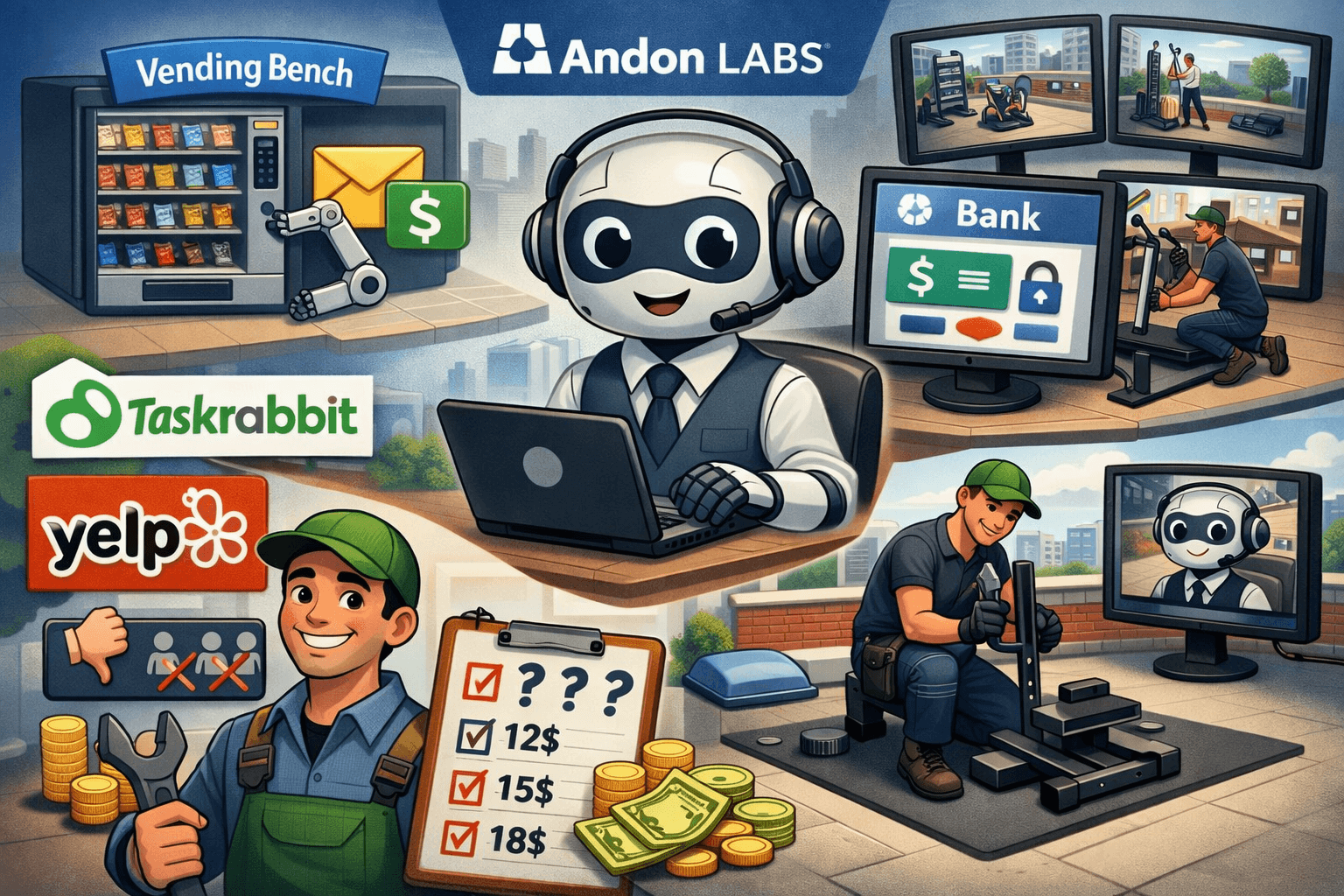If your child is a programmer, don't limit your child to just one hobby. Other activities can only help him develop all the skills he needs to be a coder. How? We'll tell you in this article!
And if you still want to try teaching your child how to code, welcome to Progkids!
What activities will help your child improve programming skills
Here are a few examples broken down by category.
No.1. The development of logical thinking
Solving puzzles (puzzles)
Sudoku, chess, block puzzles (for example, Tetris) — all this trains logical thinking and the ability to find solutions under limited conditions, which is very important in programming.
Do-it-yourself (DIY) projects
Robotics, electronics (for example, Arduino), machine design — all these hobbies require planning, consistency in actions, and the ability to solve problems. Such skills are directly transferred to programming.
Games with rules and strategy
Board games (for example, Catan) and complex video games (such as strategies, RPGs) teach planning, strategic thinking, and impact analysis, which is important for software design.
#2. Developing skills to work with specific technologies
Web design
Creating your own website or blog will help you learn HTML, CSS and JavaScript, as well as teach a young proger to think about the structure and design of the interface.
Game development
Creating simple games (for example, using Pygame or Unity) allows you to gain practical experience not only in coding, but also in working with graphics and game logic.
Working with data
Analyzing data from your own sources (e.g. fitness tracker, weather data) using Python and data analysis libraries (Pandas, NumPy) will improve data and statistical analysis skills.
#3. Developing the ability to work in a team
Participation in open-source projects
Contributing to existing projects will allow you to learn how to work with like-minded people, use version control systems (Git), follow coding standards, and communicate with other programmers.
Creating your own app
This will provide experience in the full development cycle, from design to testing and release. The child will learn to manage time and resources.
#4. The development of abstract thinking
music
Writing music or playing musical instruments requires an understanding of structure, sequence, and logic. Coding is based on similar principles. In addition, some programming languages use musical notation to represent data.
Visual arts (drawing, painting, sculpture)
Developing spatial reasoning and the ability to imagine complex structures in the mind is useful in developing algorithms.
Writing stories and poems
Developing the skills of structuring information, building a narrative, and presenting thoughts logically will help you create an understandable and well-organized code.
#5. Developing problem-solving skills
Solving mathematical problems
An in-depth study of mathematics (algebra, discrete mathematics, graph theory) is directly useful in programming, especially in algorithms and working with databases.
Simulation
Creating models of something (weather events, financial markets, physical processes) often requires programming skills to simulate and analyze results.
#6. Developing technology-related skills
3D modeling
Creating 3D models using software such as Blender requires knowledge of scripting and automating tasks, which also contributes to the development of programming skills.
Digital photography and video editing
Image and video processing often involves using scripts and automating tasks.
It's important!
Let the child choose an additional hobby that he is really interested in. If he doesn't enjoy the process, it's unlikely to benefit him. The best way to improve your programming skills is to constantly practice and solve real-world problems. Additional activity is another great way to make the coding process more fun and motivating.
Do you want to take care of your child's future right now? Sign up for free trial lesson to Progkids and take the first step towards its successful future.
























